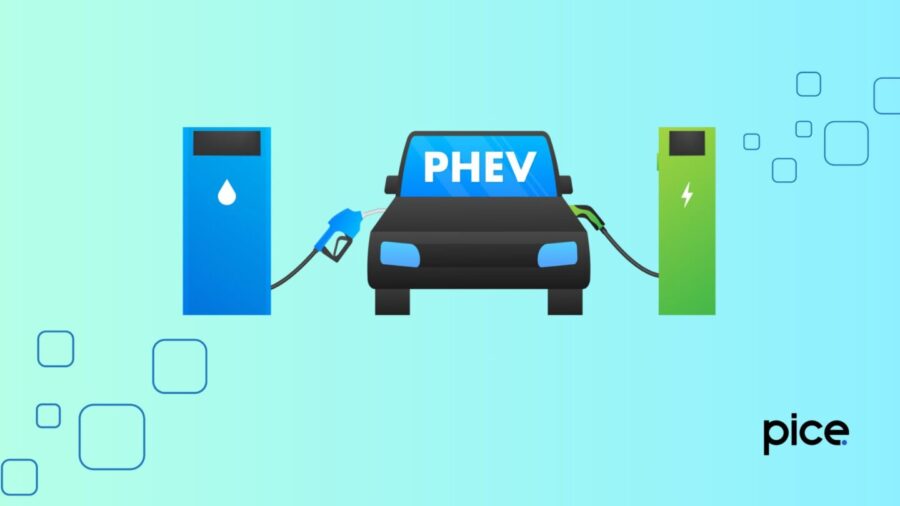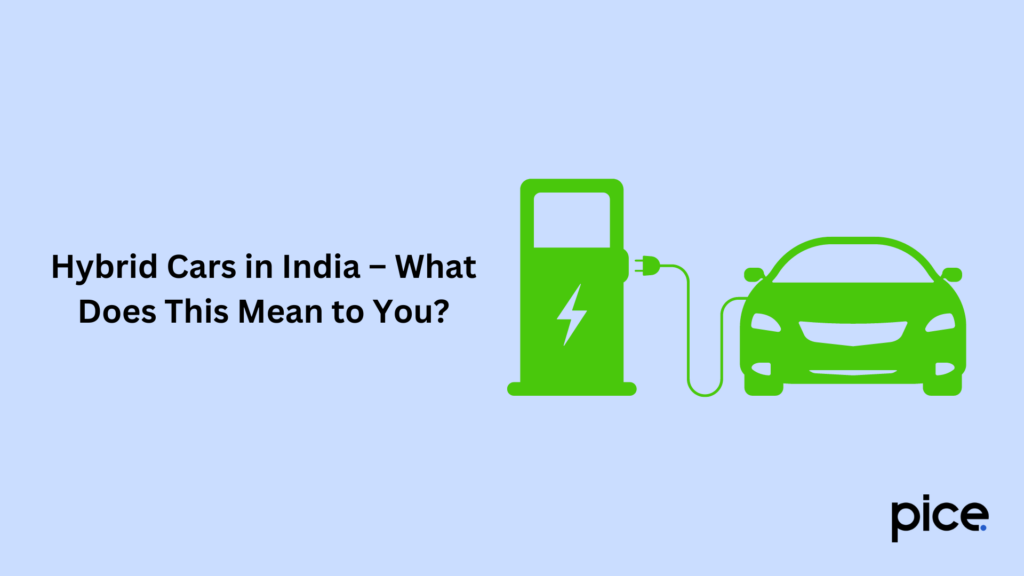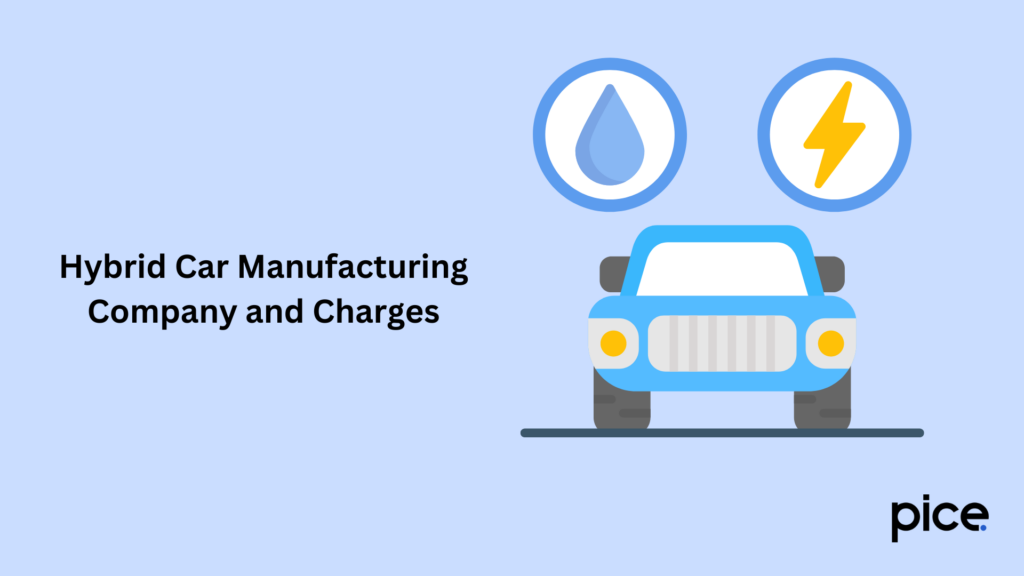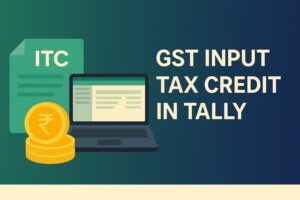Proposal for Reduced GST on Hybrid Cars
- 3 Sep 24
- 7 mins

Proposal for Reduced GST on Hybrid Cars
Key Takeaways
- High GST on Hybrids: Hybrid cars in India face a steep GST rate of 43%, close to the 48% rate for petrol vehicles.
- Push for Tax Cuts: The road transport minister is advocating for a GST reduction on hybrid cars to 12% or even 5%.
- UP Tax Waiver: Uttar Pradesh will waive registration taxes on hybrid cars from July 2024, making them more affordable.
- Eco-Friendly Benefits: Hybrid vehicles reduce fuel use and carbon emissions, promoting cleaner transportation.
- Rising Hybrid Focus: Major carmakers like Maruti and Toyota are increasingly producing hybrids due to growing demand and environmental advantages.
GST on hybrid cars is relatively high compared to the GST on fully electric vehicles in India. The road transport and highway minister has urged the Finance Ministry to reduce the GST on hybrid cars to facilitate higher sales of hybrid vehicles in India.
In this guide, you will learn about what hybrid vehicles are, tax waivers on such vehicles and other crucial details to make informed decisions.
Hybrid Cars in India – What Does This Mean to You?

Hybrid cars come with two engines comprising a petrol engine and an electric engine. The combination of these two engines ensures better fuel and power efficiency. Moreover, using hybrid cars in India leads to low carbon emissions.
The key components of a hybrid car include an electric traction motor, internal combustion engine, electric generator and traction battery pack. These cars draw power from electric motors and internal combustion engines to function seamlessly. By using hybrid cars you promote an eco-friendly transportation system and thus these cars reduce pollution in the surrounding environment.
Pros and Cons of Hybrid Cars
There are both advantages and disadvantages of using hybrid cars. The table below illustrates the pros and cons of hybrid cars:
| Pros of Hybrid Cars | Cons of Hybrid Cars |
| Smaller and Efficient Engine: The engines in hybrid cars are small. As a result, its engines are fuel efficient. | High Maintenance Cost: Multiple mechanical parts of hybrid cars make the car's maintenance cost high. Furthermore, all mechanics are not trained to repair these cars making their repair cost even higher. |
| Cleaner Emission: As hybrid cars use internal combustion engines and electrical engines, these reduce emissions making them environment friendly. | Lower Performance: The power acceleration capacity of hybrid cars is often lower than conventional internal combustion engine vehicles and other connected vehicles like battery-operated electric vehicles. |
| Regenerative Braking: The application of brakes helps to charge the battery of hybrid cars thereby eliminating the need to stop the car to charge the battery. | Expensive to Buy: The cost of hybrid cars is relatively higher compared to conventional fuel-driven vehicles. |
| Less Fuel Dependency: As there is an electric motor to support the petrol engine, the dependency on fuel is reduced. |
Hybrid Car Manufacturing Company and Charges

Several electric vehicle manufacturers have shifted their focus to manufacturing hybrid cars. Here are the hybrid car manufacturing companies and their charges:
| Hybrid Car Manufacturing Company and Car Models in India | Starting Ex-showroom Price | GST Charges of 12% (Approximate) |
| Maruti Suzuki Brezza | ₹8,34,000 | ₹1,00,080 |
| Maruti Suzuki Ciaz | ₹9,40,000 | ₹1,12,800 |
| Maruti Suzuki Ertiga | ₹8,69,000 | ₹1,04,280 |
| Maruti Suzuki XL6 | ₹11,61,000 | ₹1,39,320 |
| Maruti Suzuki Grand Vitara | ₹3,15,000 | ₹1,57,800 |
| Toyota Urban Cruiser Hyryder | ₹16,66,000 | ₹1,99,920 |
| MG Hector Plus | ₹16,99,000 | ₹2,03,880 |
| Toyota Camry | ₹46,17,000 | ₹5,54,040 |
| Toyota Vellfire | ₹1,22,30,000 | ₹1,467,600 |
Tax Waiver on Hybrid
As per the recent news, the Uttar Pradesh (UP) Government has decided to waive the registration tax on hybrid cars, extending a concession previously applicable only to fully electric vehicles. Effective from 1st July 2024, this 100% exemption aims to align the pricing of hybrid cars with that of traditional fossil fuel vehicles.
The exemption covers various types of hybrid vehicles including hybrid electric, strong hybrid, plug-in hybrid, series hybrid electric, and series-parallel hybrid electric vehicles. Despite the announcement, the changes are yet to be implemented on the Vahan portal.
Under the new policy, hybrid cars priced below ₹10 lakhs will see their registration tax reduced from 8% to zero, while those costing over ₹10 lakhs will benefit from a reduced tax rate of 10%. This move is expected to encourage more registrations of hybrid vehicles across Uttar Pradesh, promoting greener transportation options in the state.
Urge for New Rules
The road transport and highway minister has urged the Finance Ministry to reduce the goods and services tax (GST) on hybrid cars to 12%. Presently, there is a 28% GST on ICE vehicles including hybrid cars with the inclusion of cess. Thus, this GST creates an impact on ICE vehicle and ICE vehicle sales.
Further, the tax rate on several vehicles exceeds 40%. The road transport minister also suggested reducing tax rates on hybrid cars to 5% to promote environment-friendly transportation and reduce vehicle pollution. This suggestion prioritised the reduction of the GST rate on hybrid vehicles to 5% and for flex engines to 12%. Presently, hybrid cars in India are taxed at 43% which is close to the tax rate of 48% for petrol cars.
However, electric vehicle makers or electric vehicle manufacturers like Tata Motors, Toyota, Maruti Suzuki, Honda and Hyundai are focusing on manufacturing hybrid cars. This is because hybrid vehicle sales are increasing in India to achieve the ambitious target of eco-friendly transportation.
Conclusion
After learning about GST on hybrid cars, you must determine the tax rate while deciding to purchase a hybrid car over an all-electric vehicle. The suggestion by the road transport and highway minister is yet to be approved by the Finance Minister, Nirmala Sitharaman. However, if the suggestion is approved, it will lead to an increased use of hybrid vehicles. This will further help India rely on green energy or a clean energy source to increase renewable energy capacity.
Hybrid and electric vehicle sales and usage can help reduce vehicular and air pollution promoting eco-friendly transportation. Thus, these are climate-friendly vehicles operating in India with the potential to make the country renewable energy-reliant.
💡If you want to pay your GST with Credit Card, then download Pice Business Payment App. Pice is the one stop app for paying all your business expenses.
 By
By 
















